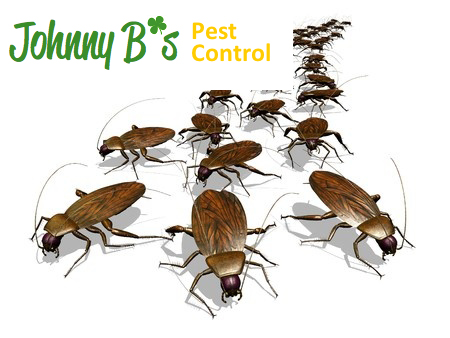Insect pests will always be a natural part of life, and this is a good thing, as even the most annoying or dangerous of pests have their place within the delicate balance of the ecosystem. However, this does not mean that we shouldn’t be ready to combat insect pest infestations when, or preferably, before they occur; after all, insect pests are damaging to the ecosystem as well. Nobody would have difficulty compiling a long list of insect pests that they would like to see wiped off of the planet, but the most damaging insects are the ones that infest crops, not the ones that annoy us individually. As pest control technology becomes more sophisticated, successfully enacting preventative measures against crop pests becomes more probable. The success or failure of modern insect control programs sometimes depends on how well experts predict which pests will inflict the greatest amounts of destruction in a particular year. A study was recently released that predicts which insect pests will cause the greatest amount of harm to crops during the 2018 year.
One researcher, Meade McDonald analyzed different sources of data in order to accurately predict which insect pests we need to be ready for this year. McDonald is a 23 year veteran of insect pest research, but her job is not easy, as the most significant insect threats to crops can change dramatically from year to year. McDonald conducted her research by venturing into the field in order to discuss insect pests with agricultural professionals, farmers, pest control operators and academics. Different insects develop resistance to different insecticides at different rates, which is one reason as to why the most threatening insect crop pests can change from year to year. As far as McDonald is concerned, the Colorado potato beetle and the soybean aphid pose the biggest threat to crops in 2018. The potato beetle population has been growing rapidly, suggesting that they have developed a resistance to insecticides. Due to this finding, experts must revert to a non-neonicotinoid insecticide in order to effectively kill these destructive pests. McDonald is also concerned with different insect pest populations that overlap within areas of farmland. Simply using one insecticide will not necessarily prevent insect-induced crop damage in these cases. This is why McDonald is recommending that farmers use a broad spectrum and longer lasting insecticide, especially on vegetable crops. Due to the work conducted by McDonald and her colleagues, pest control industries can start developing new insecticide formulas in time to combat whichever combination of insect pests are predicted to be the most damaging to crops in a particular year.
Is there one particular insect pest that frequently damages crops in the region where you live?

